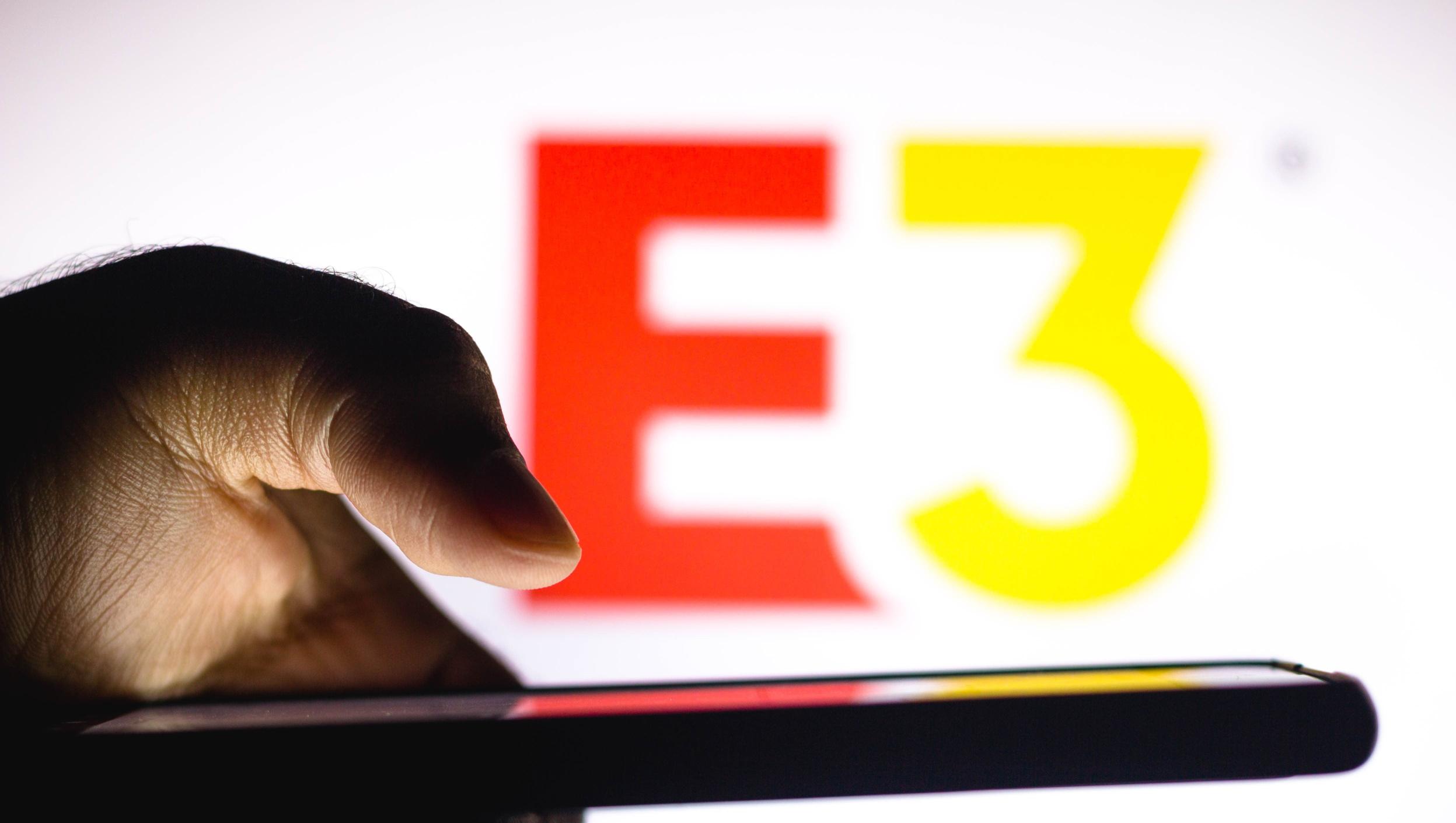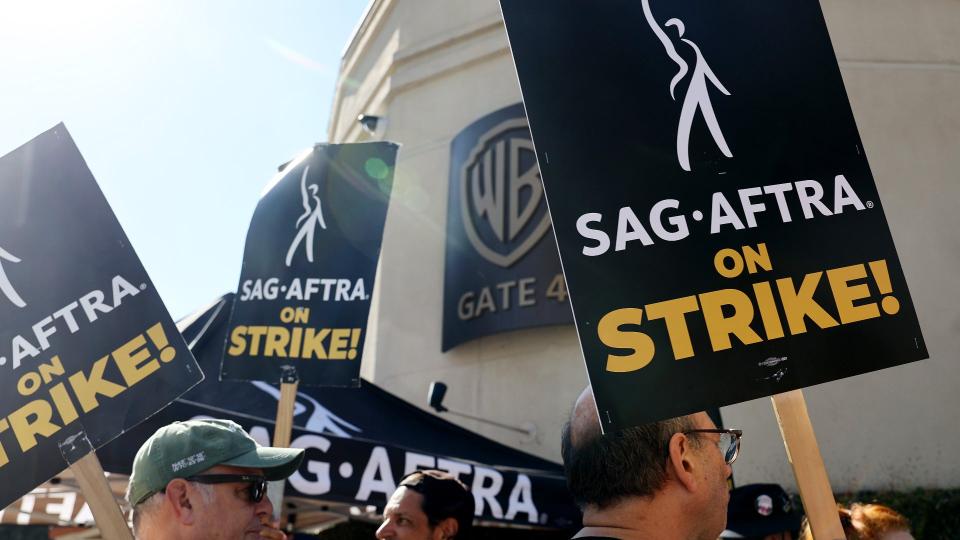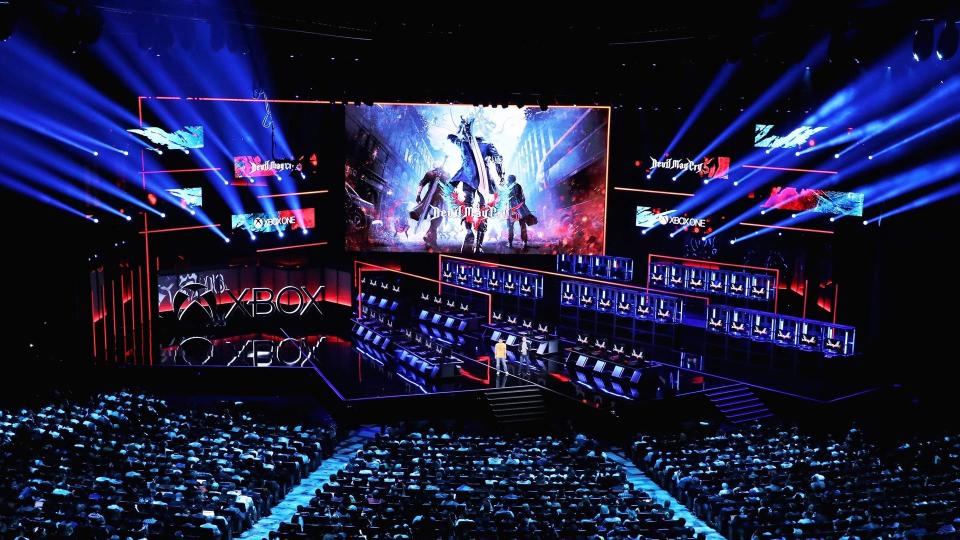The iconic Electronic Entertainment Expo, known as E3, will no longer be taking place. The Entertainment Software Association (ESA) officially announced the cancellation, marking an end to an event that has been a staple of the gaming community for over two decades. E3, which started back in 1995, has historically served as a prominent platform for massive video game announcements from top industry players like Sony, Nintendo, and Microsoft.
In recent years, however, the landscape of gaming announcements has shifted, with many companies opting to host their own digital events or align with others, such as The Game Awards, which have grown to include major reveals akin to those E3 was once famous for. Despite attempts to revitalize E3 with a new format, especially after the pandemic which led to its cancellation in both 2020 and 2022, it was clear that the industry's interests were evolving away from the convention.
Why was E3 cancelled?E3 was cancelled due to a combination of factors including dwindling industry support, the rise of alternative digital announcement platforms like Nintendo Direct and Sony's State of Play, and challenges in organizing a large-scale event post-pandemic. The ESA noted that the necessary sustained interest to execute E3 at the level reflective of the industry's size and strength was not achieved.










Comments
No comments yet. Be the first to comment!